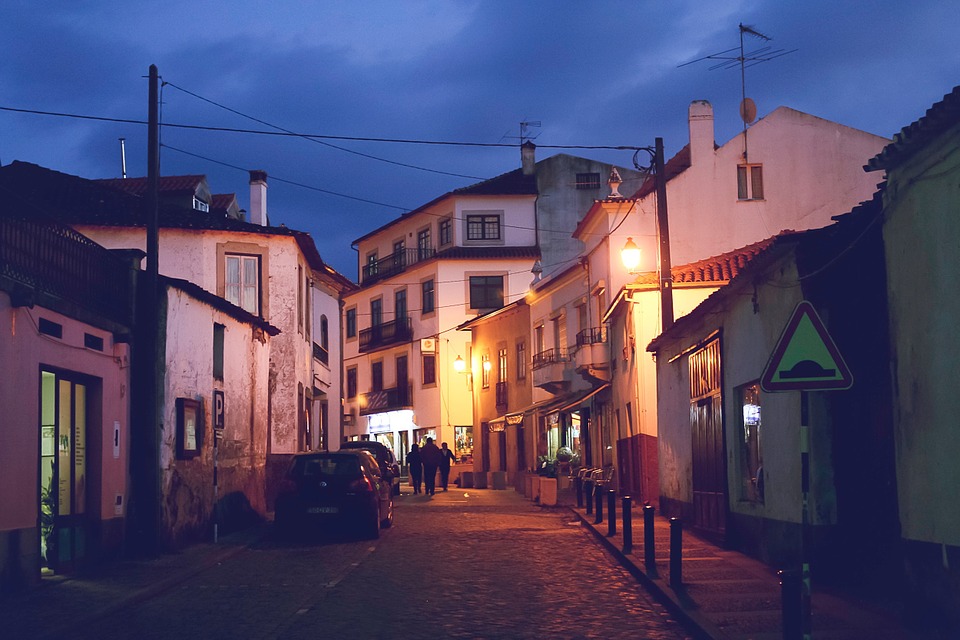One of the things I really enjoy doing when I’m travelling to another country is shopping. I’m not referring to buying designer goodies, or even souvenirs – simply buying bread in a local bakery or wine from a vineyard is exciting for me.
I enjoy purchasing a couple of croissants for breakfast from a village patisserie or fresh and juicy oranges from the local market. This means having foreign currency – or at least a credit card to get the money for those small cash-only expenses. A few tips:
Let your credit card company know where you’ll be
Your credit card company is alerted if there is any unusual activity on your account. If you live in Baltimore and your card is used in Bolivia, credit card company eyebrows will be raised! And tell them the duration of your trip too – just when they get used to you using your card in Tenerife, those same eyebrows will be raised when you get home and use your card in Target.
Have a spare if possible
If you can, take a spare credit card with you just in case your major card gets lost or if it can’t be used for other reasons. Be sure that its limit will allow you to enjoy your vacation if you need to use the card. If you’re travelling with a friend, take different cards and discuss this before you leave.
Take at least a little cash with you
As soon as you land on foreign soil, you’ll need currency. This could be for taxis, tips, a coffee, a newspaper, who knows what? In some cases, your home bank will supply the foreign currency for you at little or no charge. You’ll feel more confident knowing that you have change for a bus or cab to your hotel.
Don’t use hotel or airport exchange desks
In most – but not all – countries – these are more expensive to use than banks. Do your homework and familiarise yourself with the exchange rate so that you don’t pay excessive charges. Airport exchange rates in particular can cost you a lot of money.
Don’t rely on travellers’ cheques
They used to be the safest way to use money abroad but these days, they are rarely used. Many vendors simply won’t understand what they are.
Use ATMs for large amounts
ATMs have fees. There might be international fees in addition to the regular ATM fee. So don’t use them for small amounts. Certainly you don’t want to be carrying large amounts of money with you in an unprotected way, so see the Amazon recommendations below for keeping your cash safe.
Be sure to have your credit card company’s number
If there are any problems at all with your credit card, you’ll need to call the company. Most have 800 numbers that are free to use. Be sure that you have that number programmed into your phone before you leave home.
Use up your currency
When you’re leaving to go home, use up your remaining currency. That is, unless you are likely to visit the same country in the very near future. This will avoid even more exchange fees. You could, for example, pay for part of your final night’s hotel partly with your leftover currency and partly with your credit card. Or your final meal at the airport. With the oddments you have left, many airlines have charity envelopes so that you can donate any loose change.
ARTICLE BY:

Jackie
JJ is originally from the UK and has lived in South Florida since 1994. She is the founder and editor of JAQUO Magazine. You can connect with her using the social media icons below.

